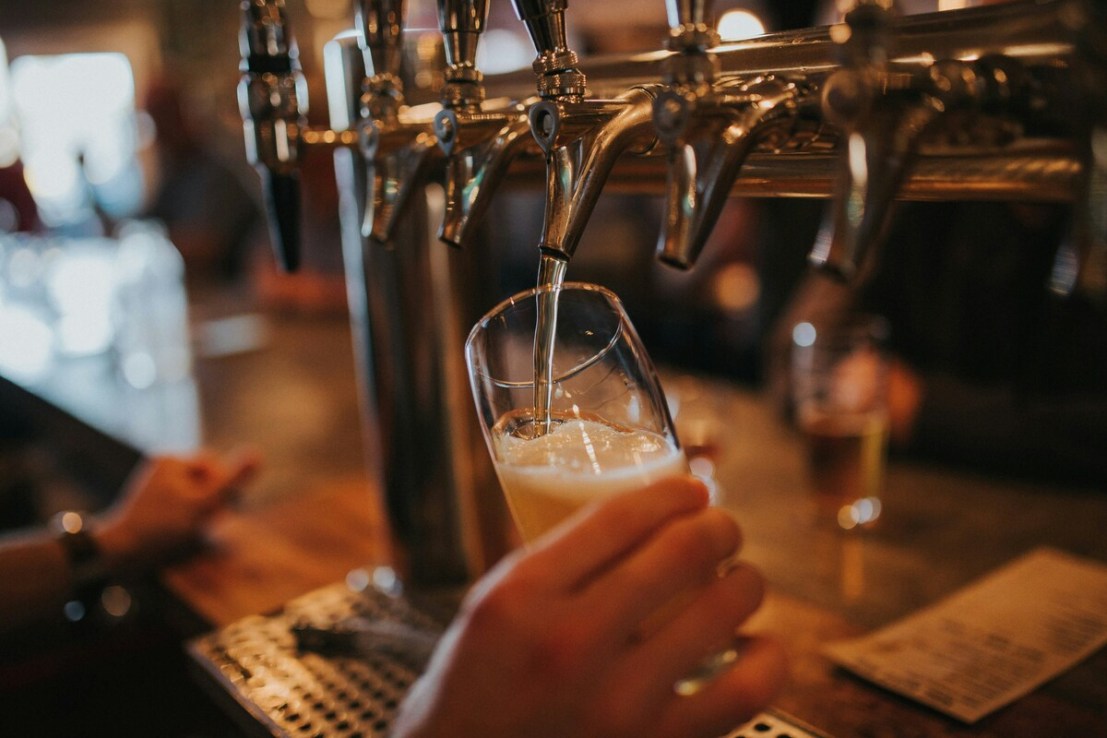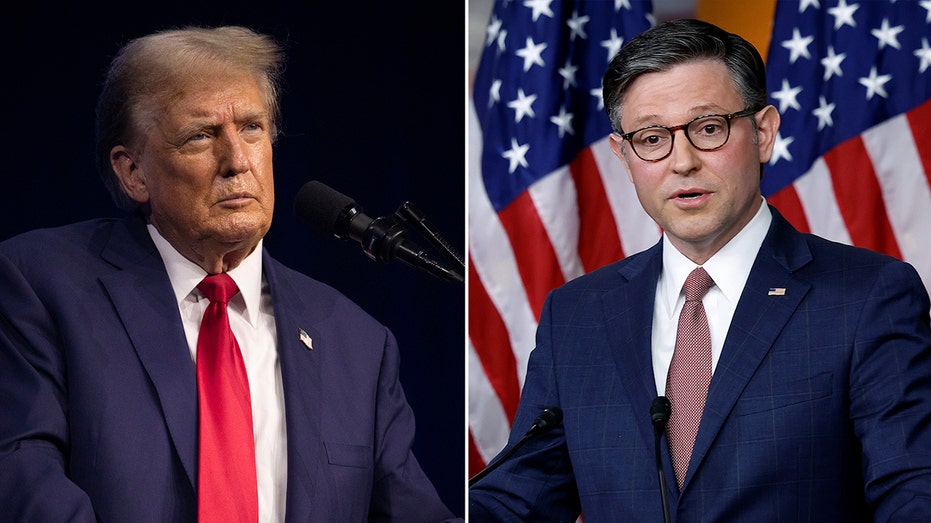Hospitality needs a magic spark of confidence to boom, brewery boss says
The boss of Britain’s oldest brewer, Faversham-based Shepherd Neame, has suggested that the hospitality industry is nearly ready for a return to a boom period, but only is we serve up a spark of confidence. Neame suggested that if fundamentals remain strong and mortgages continue to fall, consumer spending on hospitality would follow a similar [...]


The boss of Britain’s oldest brewer, Faversham-based Shepherd Neame, has suggested that the hospitality industry is nearly ready for a return to a boom period, but only is we serve up a spark of confidence.
Neame suggested that if fundamentals remain strong and mortgages continue to fall, consumer spending on hospitality would follow a similar path to 1991 and 2008: after a four-year dip following an economic shock, spending picked up and the country enjoyed a going-out boom.
“I would expect a consumer pick up in demand, once this round of mortgage fixes expire,” he said, adding that optimistically, he considered that point to be late 2025 or early 2026.
However, Neame warned that a possible dampener to a boom could come in the form of poor consumer confidence. For a boom, he said, people need to see “real growth in disposable income [and] confidence”.
Disposable income has been ticking up this year, even while – somewhat oddly – spending and confidence remain low.
“At the moment there is a sense of anxiety… What we need is the magic ingredient to provide a feelgood factor,” he said.
Consumer confidence sank last month ahead of the Autumn Budget, with GfK’s long-running consumer confidence index falling sharply to -20 in September overall, with all measures – including personal finances, economy and purchase intentions – down month-on-month.
“Despite stable inflation and the prospect of further cuts in the base interest rate, this is not encouraging news for the UK’s new government,” Neil Bellamy, consumer insights director at GfK, said at the time.
Prime Minister Keir Starmer and Chancellor Rachel Reeves have also been vocal about the dire state of the UK’s finances, which commentators warned would hurt consumer sentiment.
What will be unpacked in the Autumn Budget?
The Autumn Budget could boost hospitality in two key ways: it could help confidence – if it is less tough then expected – and it could ease the cost pressures on hospitality, which remain heavy.
While inflationary pressures in the form of energy costs have eased, data from industry lobby group British Retail Consortium found that retail pays 7.4 per cent of all business taxes – £33bn – a share 1.5 times greater than its share of the overall economy, which is five per cent of GDP.
The tax bill eats up 55 per cent of the industry’s profit, the highest proportion of all main business sectors. Business rates make up 11 per cent of this, or 5.75 per cent of pre-tax profit.
Industry leaders across the board have been vocal about the need for reform to business rate taxes, and have suggested the Chancellor should use the Autumn Budget to make impactful changes.
Labour, for its part, has pledged to “level the playing field” for business rates, but details of its policy aren’t expected until the Budget, at the earliest.
The controversy over business rates comes also amid warnings from the wider hospitality industry over the risk of “serious economic harm” from a potential beer garden smoking ban, and an industry-wide urge to cut the beer duty by five per cent.
The hospitality sector in the UK employs around three million people, making it the third largest employer in the country, and contributes about £93bn to the economy per year, according to UK Hospitality.



